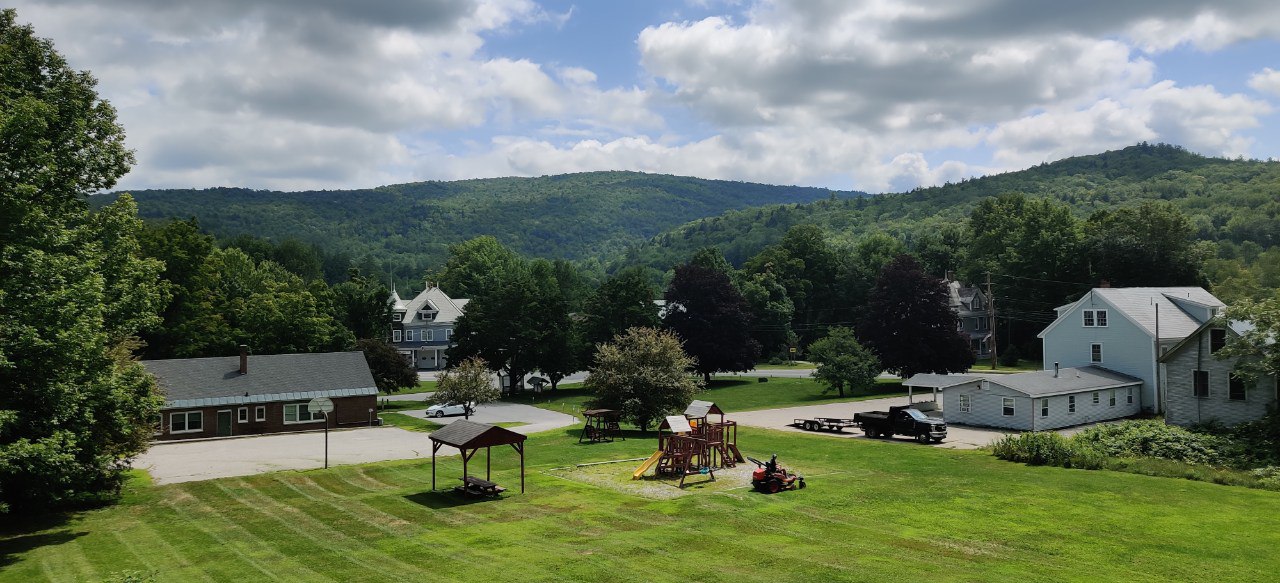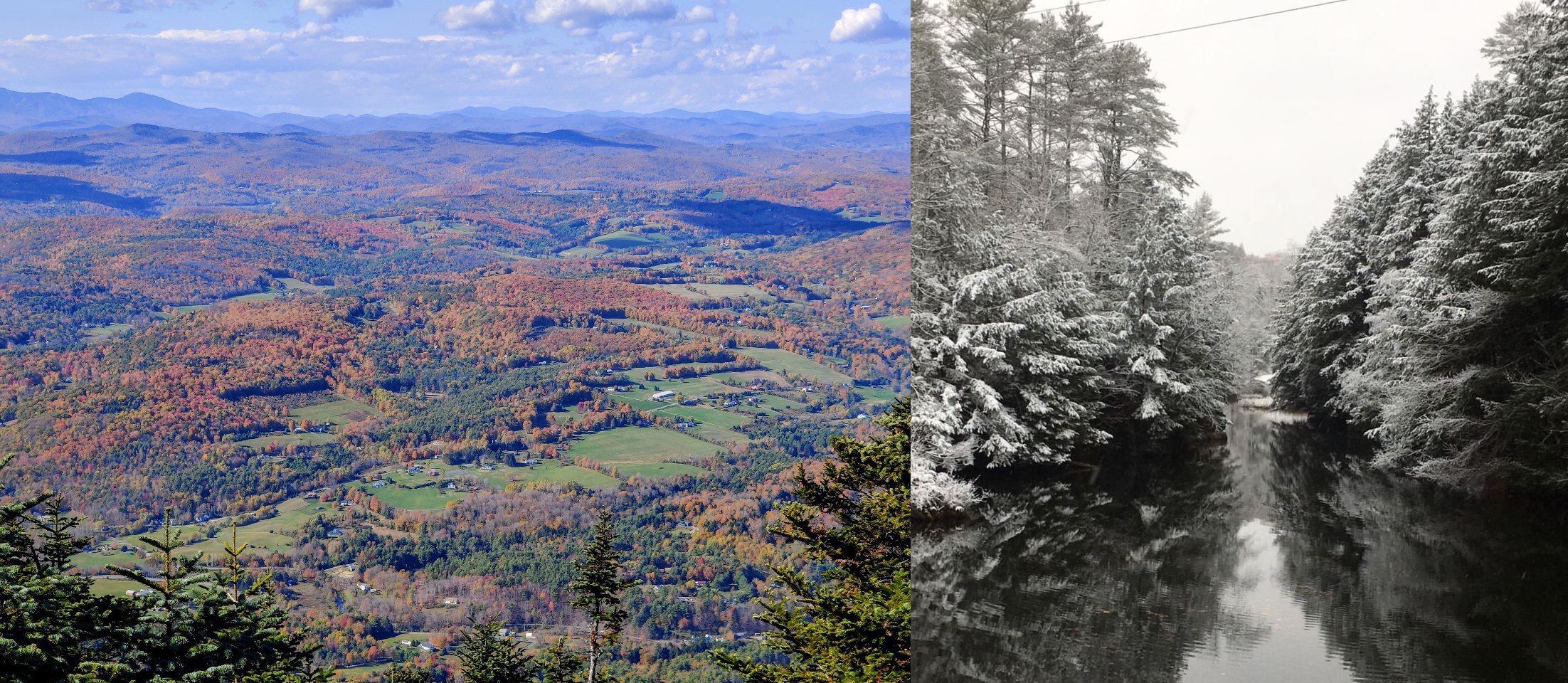We’re excited to announce Cavendish Labs, a new research institute in Vermont focused on AI safety and pandemic prevention! We’re founding a community of researchers who will live together and work on the world’s most pressing problems.
Uh, why Vermont?
It’s beautiful; it has one of the cheapest costs of living in the United States; there’s lots of great people; it’s only a few hours away from Boston, NYC, and Montreal. There’s even a train that goes there from Washington D.C.! A few of us briefly lived in Vermont during the pandemic, and we found it to be a fantastic place to live, think, and work. Each season brings with it a new kind of beauty to the hills. There are no barriers to a relaxing walk in the woods. There's practically no light pollution, so the cosmos is waiting outside the door whenever you need inspiration.

What are you going to be researching?
We have a few research interests:
1. AI Alignment. How do we make sure that AI does what we want? We’ve spent some time thinking about ELK and inverse scaling; however, we think that AGI will most likely be achieved through some sort of model-based RL framework, so that is our current focus. For instance, we know how to induce provable guarantees of behavior in supervised learning; could we do something similar in RL?
2. Pandemic prevention. There’s been a lot of talk about the potential of Far-UVC for ambient disinfection. Understanding why it works on a molecular level, and whether it works safely, is key for developing broad-spectrum pandemic prevention tools.
3. Diagnostic development. We're interested in designing a low-cost and simple-to-use platform for LAMP reactions so that generalized diagnostic capabilities are more widespread. We envision a world where it is both cheap and easy to run a panel of tests so one can swiftly determine the exact virus behind an infection.
How’s this organized?
We'll be living and working on different floors of the same building—some combination of a small liberal arts college and research lab. To ensure we’re not too isolated, we’ll visit Boston at least once a month, and invite a rotating group of visitors to work with us, while maintaining collaborations with researchers around the world.
Sounds interesting!
We’re actively searching for collaborators in our areas of interest; if this sounds like you, send us an email at hello@cavendishlabs.org! Our space in Vermont isn’t ready until late spring, so in the meantime we’ll be located in Berkeley and Rhode Island.
At the same time, we’re looking for visiting scholars to come work with us in the summer or fall: if you’re interested, keep an eye out for our application!


I work on far-UVC safety. Dm me if you want to get in touch :)
Best of luck to you! I'd be interested in hearing in more depth about your team, specific project ideas, funding situation if you care to share. My particular interest is in the pandemic prevention/far UVC work.
Sounds good! Why the name Cavendish? Made me think of the Cavendish Laboratory (aka Cambridge Univeristy's Physics department - https://www.phy.cam.ac.uk/)
It's in Cavendish! A long-term goal is to beat them in Nobel prizes..
Of course! (I missed that)
This is awesome guys! Can't wait to visit during the summer :)